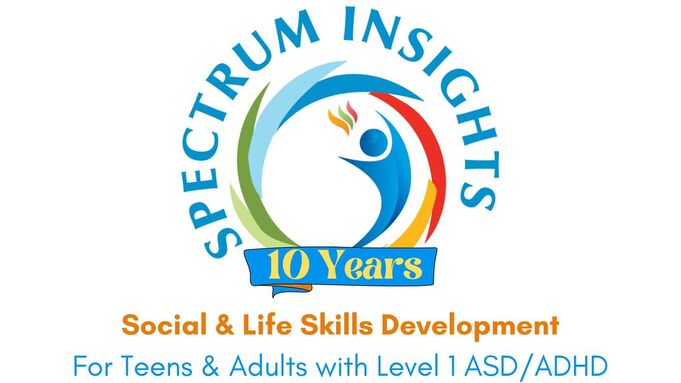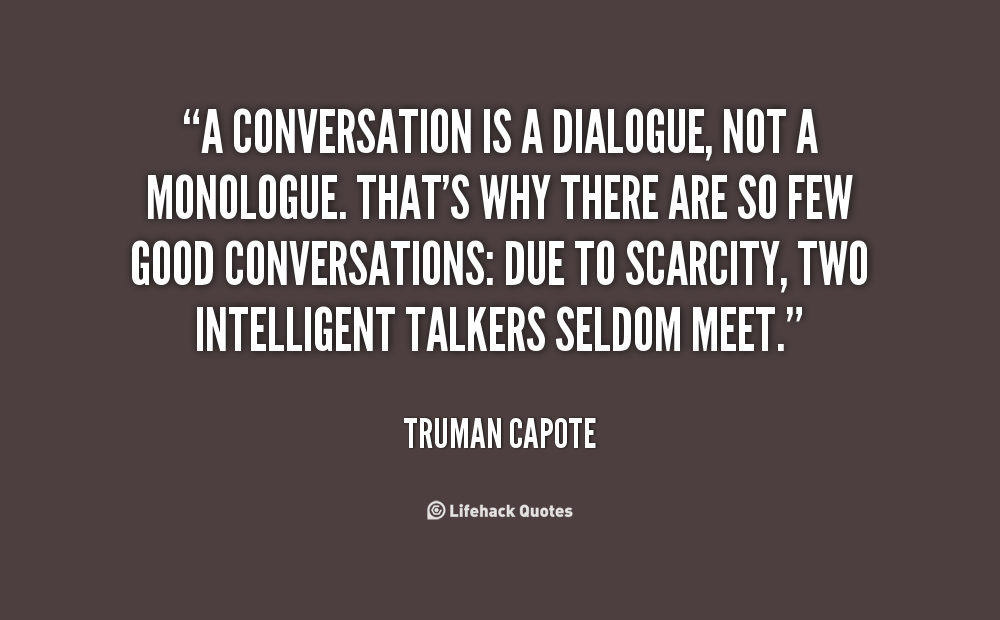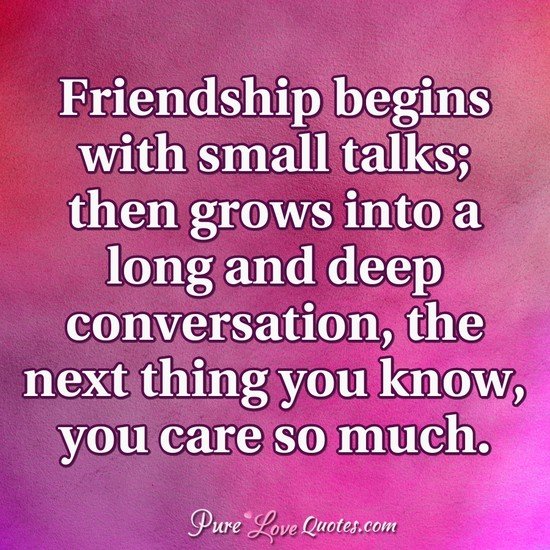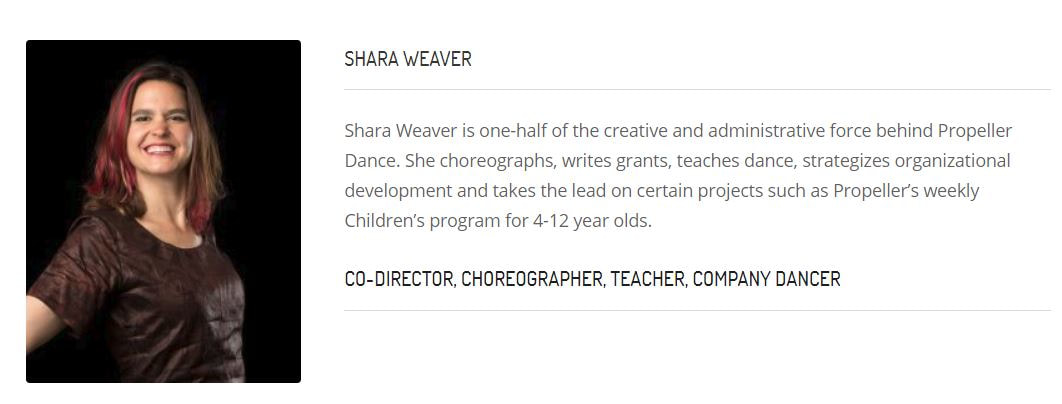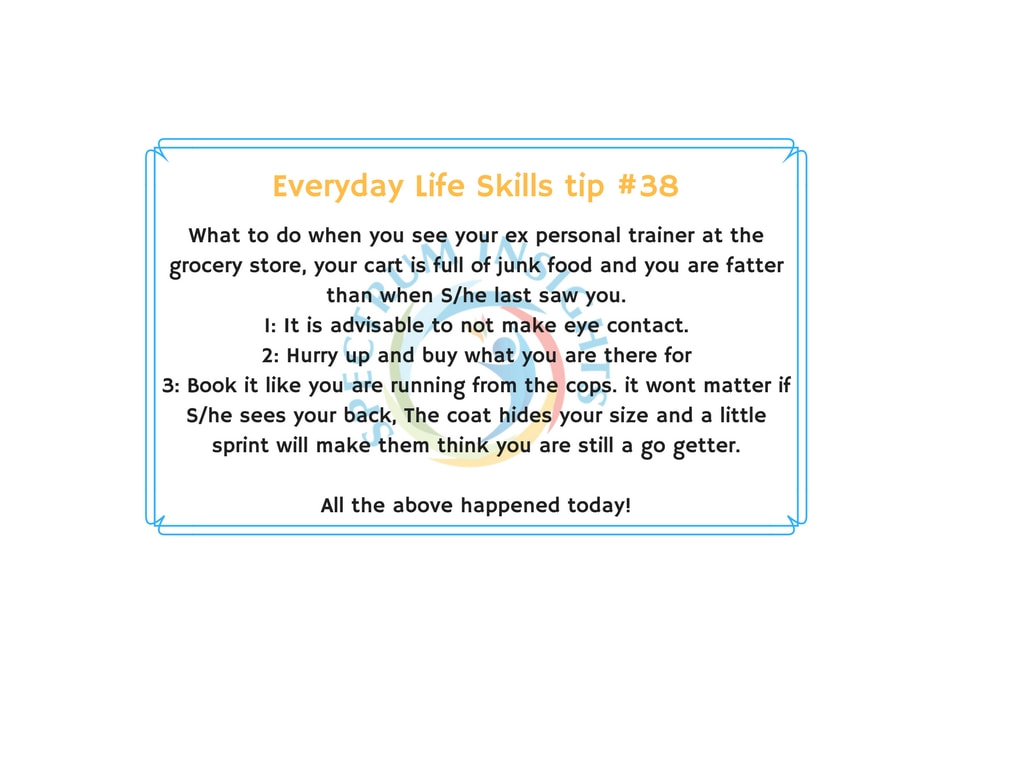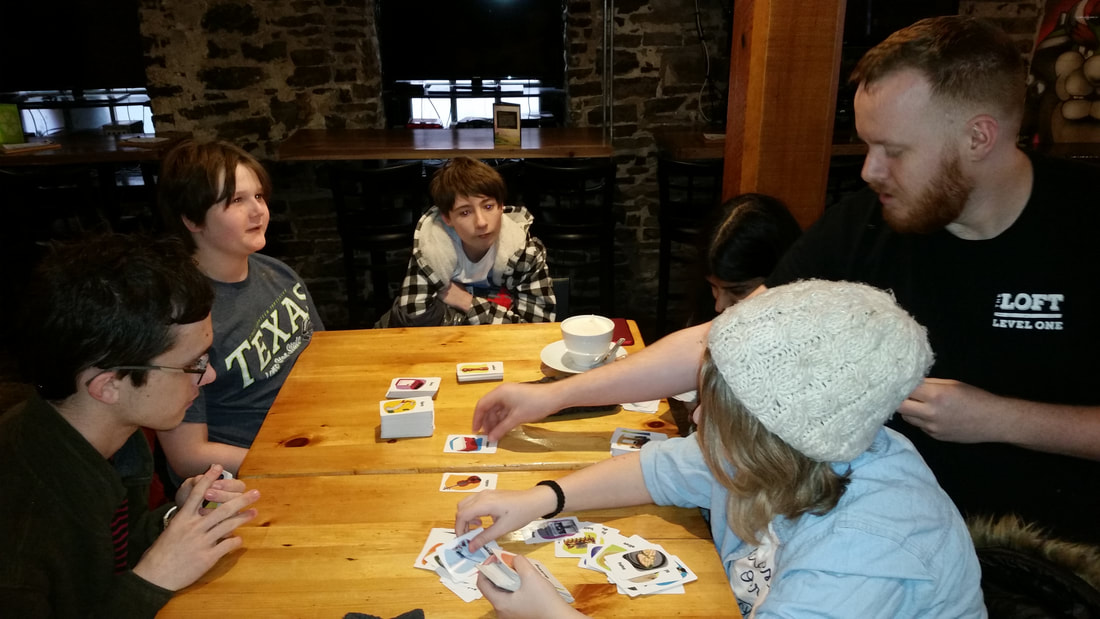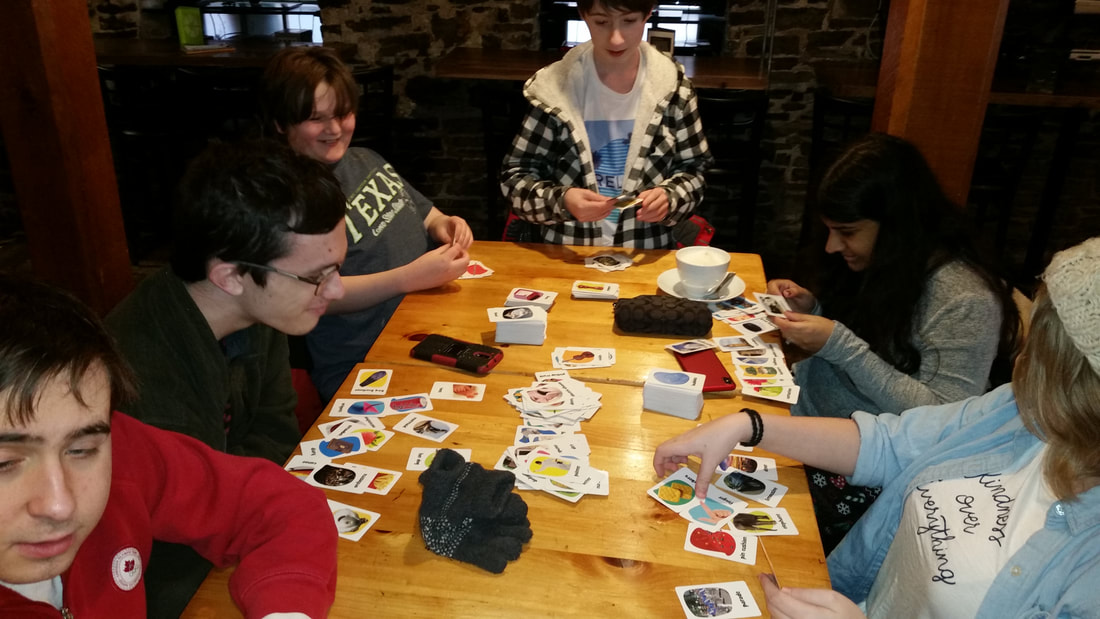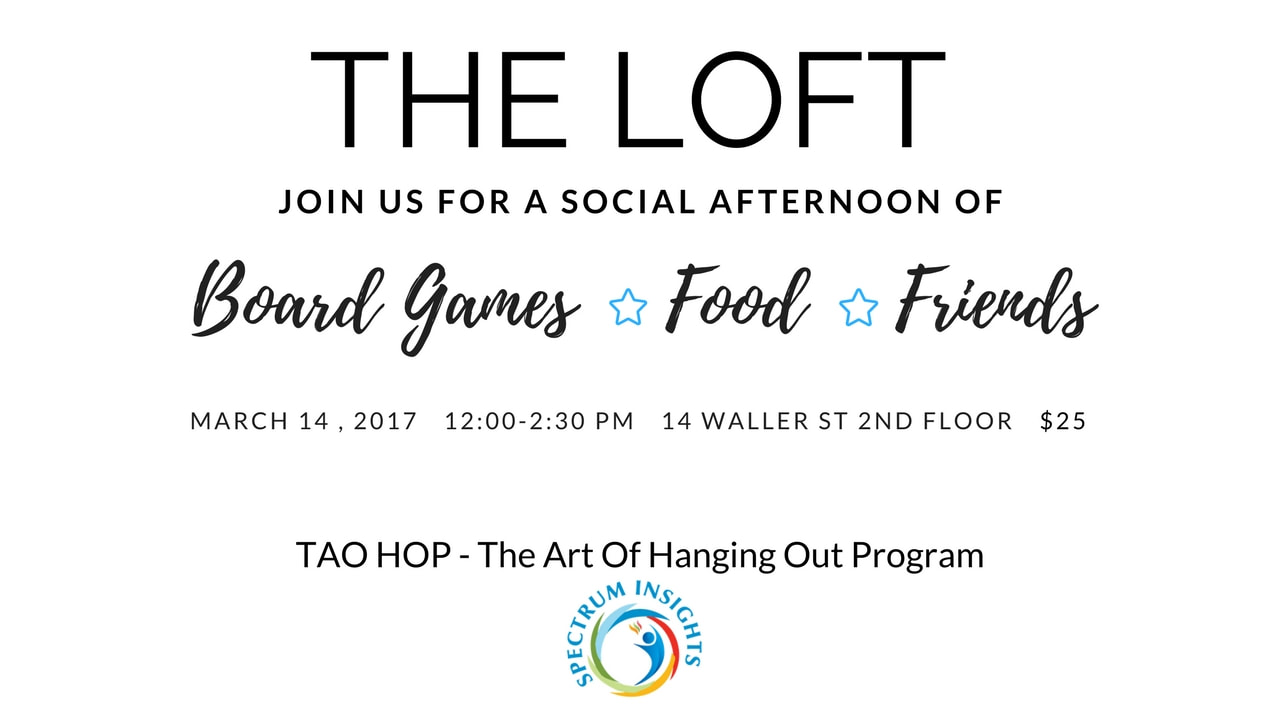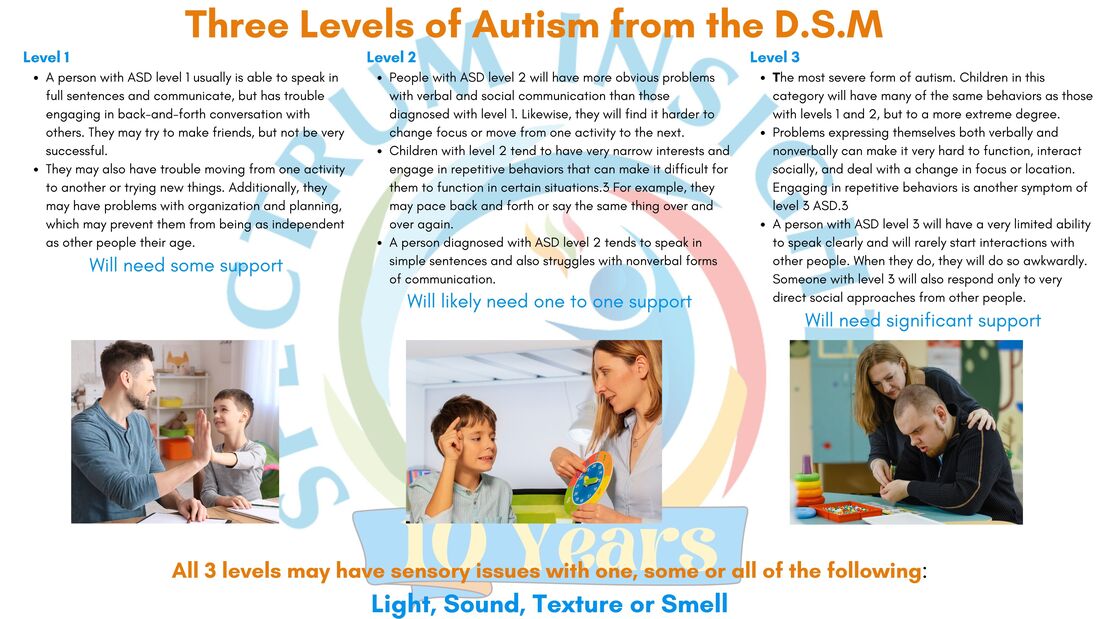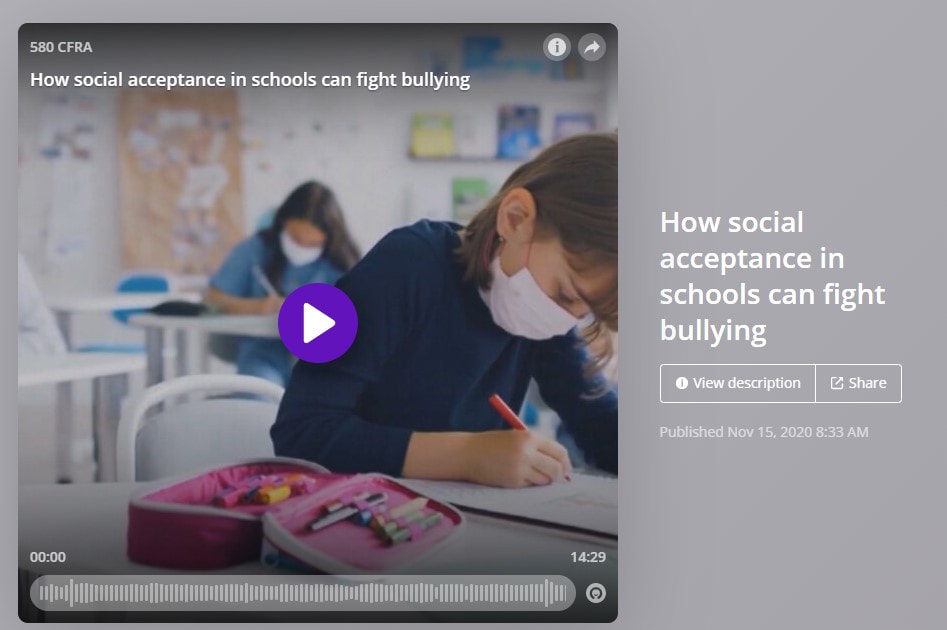The art of conversation

One of the issues on the flip side is helping my students better express their opinions and ensure they are heard. Equally important is demonstrating we hear what the other person is saying, if not, conversations become one sided. Worse, people get upset over a difference in values and more than likely to get entrenched in their views, at this point the conversation is no longer productive as neither party is listening to the other.
The following works best with and Autism coach as each step/suggestion should be demonstrated then practiced. The skills below may not come naturally to those on the Spectrum and even many "neurotypicals" radically fail when it comes to effective conversation skills.
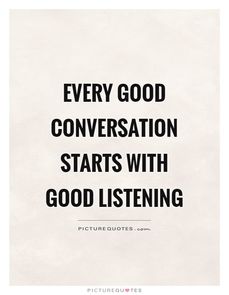
Lets begin with Small Talk.
Small talk is a way of getting to know someone, to find out what you have in common. This may lead to larger more interesting conversations about topics you are both interested in and the beginning of friendship!
Think of small talk as an interview, a way of getting to know someone to ultimately determine if they are worth getting to know further.
There is a rule about getting more attention, we need to give attention to get it. It may seem a bit anti intuitive but it works by increasing our likeability. Showing interest in others makes them feel good and they will feel as though you care. So small talk is also about showing interest in another person and making them feel comfortable. Be interesting by showing interest!
PAY ATTENTION to their mood, body language and social cues. We want to avoid the dreaded monologue where we talk about ourselves or personal interests.
If during the during the conversation, you find the person is not able to be reflective in return or show interest in you, consider the interview over. You can assign this person to a category of not interesting in this moment. Remember that people are doing the same to you, looking for shared interests. We also should take notes from Mark Bowden, Biology, race, the way we dress and age also play a large part in who we choose to talk to or who chooses to talk to us. In a room full of people, we have unconscious filters about who we gravitate to, race, culture and biology play a part in this. We tend to lean towards what is familiar. a person wearing a shirt w/ your favorite band, same age and sex is an obvious choice of who you may gravitate to. We may filter out people older, younger, different style of dress, race or even cultural cues. Mark Bowden says it's worth taking the risk to meet new people as you do may discover wonderful things. Personal Bias may prevent us from discovering your next best friend!
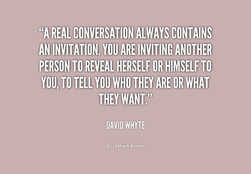
- This is super important. Before you start or join a conversation, pay attention to what they are wearing and look for things that stand out. Look at how they are feeling. Watch for physical cues that indicate what their mood and interests. A shirt of their favorite sports team tells you what sport they like and what they enjoy talking about. Notice colors a person is wearing, if you like that color, “Hey, great shirt, I like that color on you”. If it’s genuine, people will respond well to your compliment. Pay attention to name brands. If a person spends a few hundred dollars on a pair of Oakleys, they want you to notice, so compliment or notice what they have. Watch their reaction. "Is that a Nixon? Nice watch!". How they are dressed may indicate social status and personality. Are they trying too hard to impress people or stand out, perhaps there is a lack of confidence or insecurity or super creative and fun. Do they enjoy the finer things, then perhaps they are a tad fussier, maybe higher expectations or elitist. It could also mean they are detailed oriented and conscientious. More relaxed dress can also mean more relaxed personality or they dont give a damn. Observing their dress and conduct may help you decide where to place that person socially but you wont truly know unless you talk to them and get past initial impressions or your persona bias. Pro tip: Practice people watching when out in public. Listen to conversations in coffee shops, see how people are dressed. You can learn a lot by observing people, mainly, what are people doing to be liked by others. How are they maintaining friendships or relationships. People watching helps you understand the current cultural social expectations (in my case Ottawa, Canada). Travel to most North American cities you will find similarities. Travel to Europe or the far east and things change a lot. So learn what works socially in your current geographical zone.
- Auditory, visual and kinesthetic learners. Pay attention to how a person speaks, if a person is auditory, use phrases like "I hear that". Visual: "I see what you mean". Kinesthetic: "I know how you feel"
- Pay attention to their mood. One thing people fail to notice often, people's moods. Ive seen people go straight to a conversation about themselves and completely miss out on cues that the other person is not well (emotionally or physically) or has something exciting to share. This may a good time to pay attention and show some empathy or avoid them if you feel it will suck you into a self pity party. Try to avoid personal drama when possible, not worth your time! (unless it is family or a close friend). Practice asking how people are. Observe their reaction, fish for details if you feel they dont look well. A stranger or acquaintance will be less likely to give personal details. So dont pry but show concern. Family and friends will appreciate a good ear.

- Essentially you want to find out their interests or start a conversation. To learn more about them ask direct questions about: Hobbies, how do they stay active, travel, and fave books, music, movies. Use your phone to cue up some fun conversations starters.
"What 3 people living or dead would you invite over for dinner?" Pro tip: Use your phone to cue up some fun conversations starters. pick convo starters that will reveal more information about them. Example, What 3 items would you bring to a desert island? (best answer ever....a Pilot, a helicopter and million dollars). The items they pick will tell you about their personality..or lack thereof :-p - Try this LINK for conversation starters: There are lots of lame questions in that link so ask your parents or coach to help you pick out some fun ones. Look for questions that get people talking at length or provoke a fun reaction. You want come across as fun, not nosy. Practice at home. Ask your dad questions about adventures he went on when younger. Ask your parents about hobbies, trips, where they met, music, books and things that inspire them. Guaranteed you will get a positive reaction and notice how much talking they do. Imagine if this was you are a social event, people will walk away feeling good about you.
Reflective listening and follow questions:
- Super important!! Reflective listening is paying attention to what the other person is saying and reflecting back a snippet of conversation to show you are listening and understand them. The best example I can give is this, your parent is nagging you to take out the garbage. To get them to stop repeating, you simply say: "Yes, you want me to take out the garbage, it's important we do not miss another week". You acknowledge what she/he wants but also reflect back what they may be feeling or concern about. In this case, if the garbage does not get out, it will stink. People mainly repeat themselves because they feel unheard. By reflecting back to them, we show empathy thus conveying a feeling of being understood and heard.
- Ask follow up questions to get more information. Use your guile to determine whether it is being to intrusive. Essentially, asking follow up questions will keep the conversation going and be less work for you. Small talk takes mental energy as we are fishing for ways to start a conversation or keeping it going when we have yet to determine what we have in common. Save yourself the stress and be curious. Think of yourself like a social Sherlock Holmes. The answers you get will tell you a lot about the person and help you determine whether they will be a future ally. Practice reflecting back the mood of family for a week. When someone talks to you, show you are listening by guessing their mood and saying a snippet of what they said back to them. "Wow, seems like you had a really tough day at work".
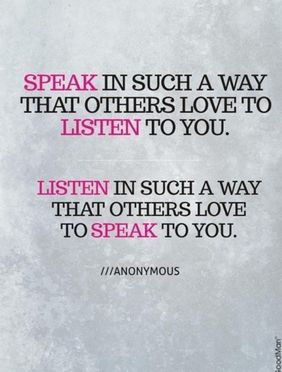
- Adopting less aggressive body language - will coach how to sit or stand in a relaxed pose when communicating with others
- Hand gestures - moving our hands when talking can appear aggressive if we move to fast or enter another's personal space. There are ways to tweak our body language so we appear calm and can sometimes calm others.
- Tone of voice: How to speak in a way that conveys calm, good listening skills and allows for reciprocal and productive conversation.
- Self Regulation: The above cannot be mastered until we learn how to control our inner game. How we act in front of others is usually a reflection of how we feel inside. We will discuss how to recognize when anger or excitement rises and the situation does NOT call for it. We will also cover how to “Fake it” and appear calm on the outside when you are angry on the inside. This will ensure that conversations stay civil, respectful and people walk away w/ a greater respect for you during all social interactions!
- Listening skills: use reflective listening to convey you understand what has been said. Exaggerated Eye movement as cues that you are listening (looking up to the right). Mimicking body language of the speaker may create a rapport...or be creepy, we will cover the difference.
- Be Machiavellian, in a positive way. We can contrive our behavior to ensure a positive outcome for each social encounter. Essentially we are going to learn what it takes to play nice with others and be accepted. This may be contrary to some of your personal views. The expression, “You catch more flies with honey than vinegar” is one to remember. This means, by understanding what creates a positive rapport with people, you will gain more allies. You will also ensure more people will listen to your points of view and in turn have a greater understanding and respect for you. When we get upset, yell or forget the social rules, people will either stand their ground (become defensive), stop listening or walk away (shut down). This means non of your points of view on a topic were heard nor understood.
